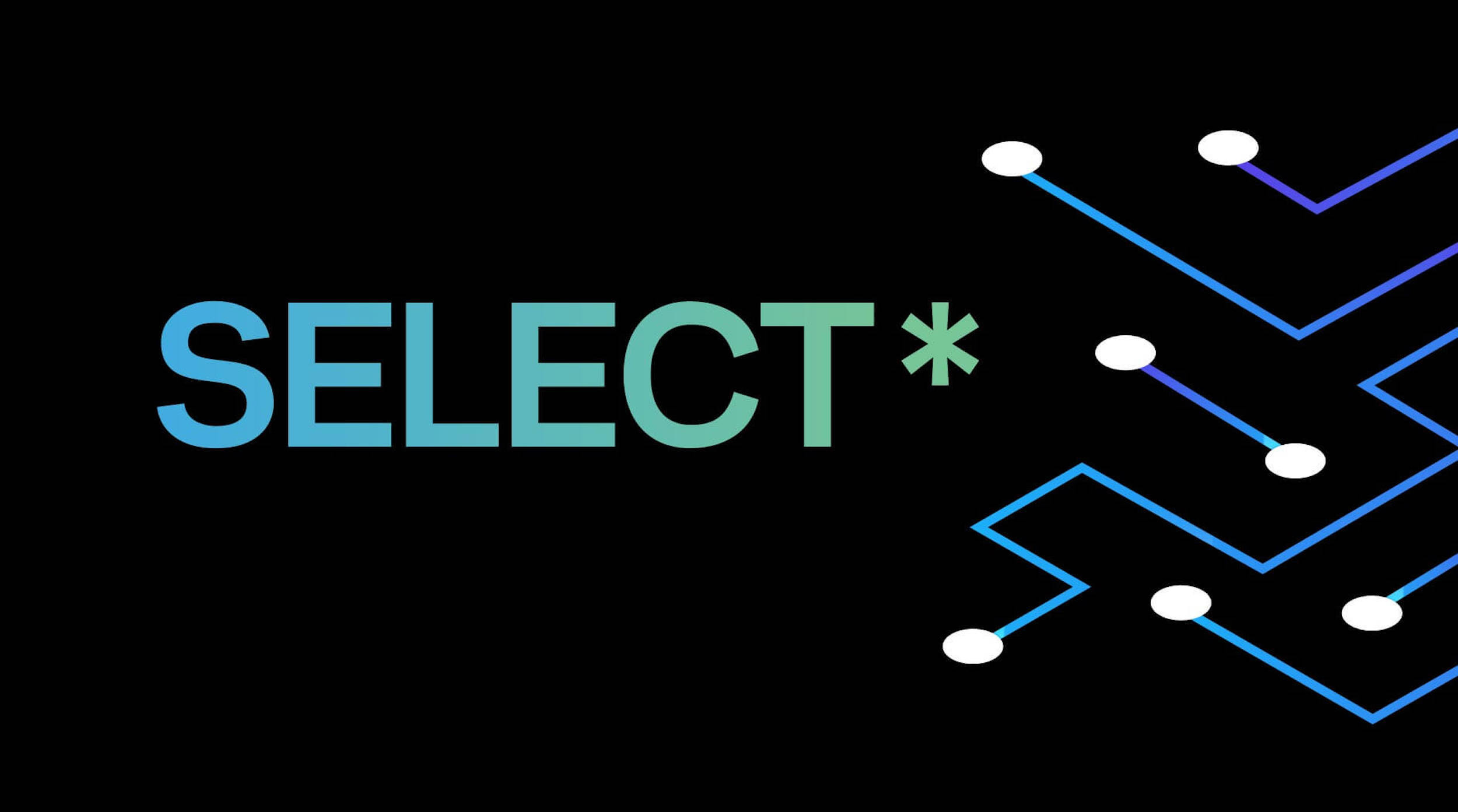I am not excited because the cost of my Netflix subscription is going to go up ten fold. I am not excited because this is a further opportunity for my browsing history to be exploited in order to micro target me goods and services. I am excited because I don’t see any of that happening. I believe in the power of the tech community to innovate and adapt.
To me, it seems inevitable that a peer-to-peer internet will rise in place of the existing infrastructure that provides the internet. I am fortunate enough to be a former Red Hatter, and what I learned from my time there is that the open source community and the technology community at large loves a good challenge to freedom and will always rise to the occasion.
I see the repeal of Net Neutrality as the catalyst that causes that fall of the existing internet control and pushes the flow of information towards a democratized model. Major corporations like Intel, GE, Cisco, and Avnet are investing billions of dollars in IoT, making edge computing devices readily available. As a result, it is my belief that the repeal of Net Neutrality will not result in large ISPs companies taking greater control of the internet. Instead, I believe that it will result in them losing control of the internet altogether.
What is Peer-To-Peer Internet?
Today a network of fiber runs across the entire country routing through local ISPs eventually connecting most homes to the internet. This is a hierarchical model allowing for centralized control of data through a few entities/companies. This is an indirect model of connection for clients. You, the end user, in most cases do not have direct access to the internet but rather are reliant on a third party middleman for access. There are several places to learn more about this concept, but I think this video does a great job.
The concept of Peer-to-Peer Internet is that instead of routing through a hierarchical model my device connects directly to other nearby devices and accesses the Internet through them. Perhaps I am in the park and there is a solar powered Raspberry Pi which I connect to via Wifi. That IoT device is then connected via bluetooth to another which is 60 feet away creating a chain of access. This removes the middleman and allows me to directly access the internet, distributing the control of the internet to users globally.
Today when I browse the internet, my query is sent from my computer to my local ISP allowing them to sell my data and charge content providers to be returned in my results. They then go to the internet backbone, get my results, and if Net Neutrality is repealed, decide which results I receive. They essentially function as a middleman between me and the internet. Nowhere has technology been more disruptive than to middlemen. We can look to travel agents, stock brokers, tax preparation specialists, taxi dispatchers etc…. Each one of their industries has been upended by innovation. It stands to reason that eventually these ISP middlemen will be disrupted as well.
With a peer-to-peer internet, or mesh network, my search would be routed to the nearest device. My search would go to the device that was closest with the information I needed. That device would then respond with the information I requested. This could be my neighbor’s computer or it could be an IoT Gateway which I have agreed to house in my shed. If my neighbor’s computer is not online, my device will simply look for the next closest device.
This is a more democratized model for the internet. It means that information is distributed across many devices, and no centralized entity controls the flow of information. This prevents any single party from charging more for specific content, controlling what information you see, or selling your search history.
Freedom, Blockchain, and IoT: A Perfect Storm
How real is all of this? Very. Technologists are already busy creating their own mesh networks in major cities across the country using Raspberry Pi’s. Multiple companies are working on software and edge device hardware to make a consumer based mesh network readily available for mass market. The most popular is called goTenna. You can read more about them in this Vice article.
As companies invest billions of dollars in Industrial IoT Projects and Blockchain, more and more consumer grade hardware will reach the market making it easier and easier for people to create their own mesh networks or extend the range of existing networks.
We can also look to areas that have been ignored by large ISPs companies due to economics. These communities are living off the ISPs grid, not by choice, and as a result have had to adapt similar solutions. In Philadelphia a company called Bamboowifi's and in Detroit the Detroit Community Technology Project are providing mesh networks to these under-served communities. These innovations are out of necessity. The repeal of Net Neutrality may prove to drive similar innovation.
In my estimation, the repeal of Net Neutrality will create demand for edge devices that allow people to connect mesh networks from the privacy of their own home. Major hardware and software providers will respond to this demand, which result in easy access to mesh networks.
I am excited about this challenge to freedom because I strongly believe that competition brings out the best in everyone involved. Currently our access to internet, information, and content is controlled by a small group of entities. I believe that technologies the world over will challenge and break this model through competition and innovation. By removing this control and truly democratizing the internet, a new wave of innovations will be born bringing the future one step closer.






.png)



.png)
